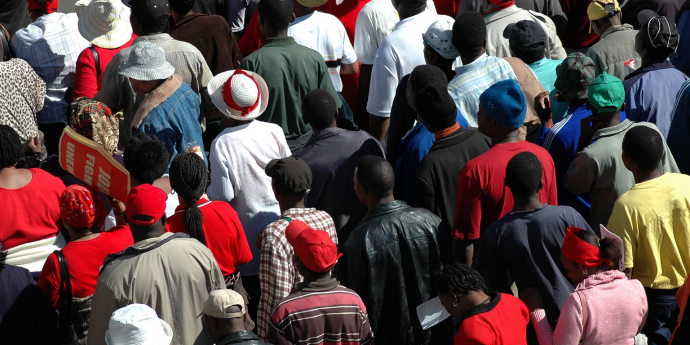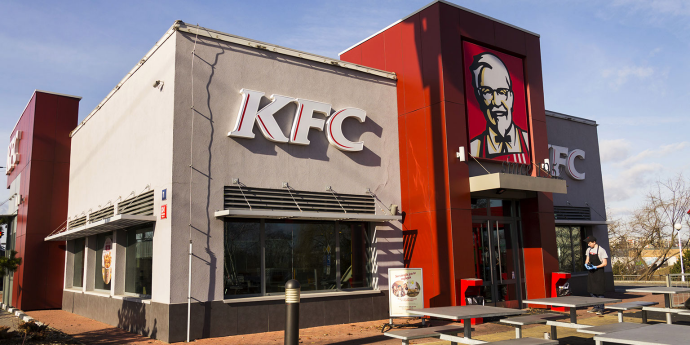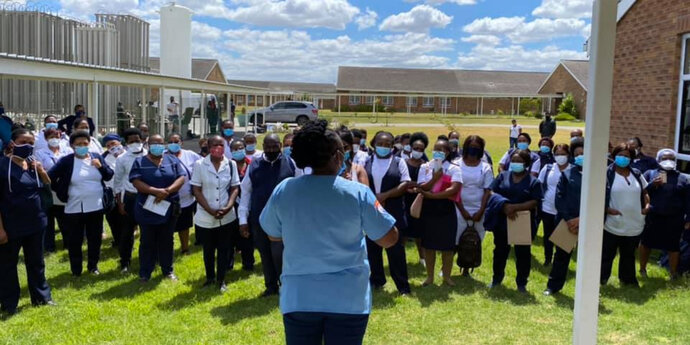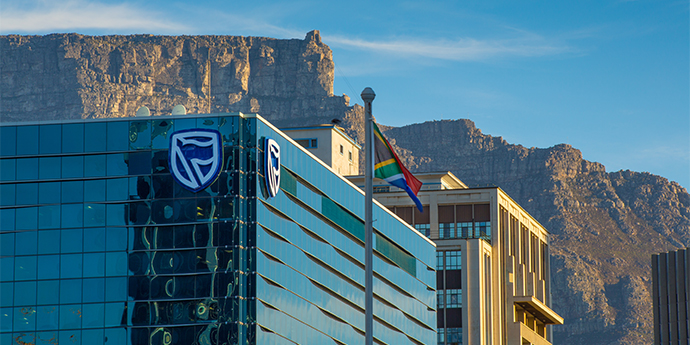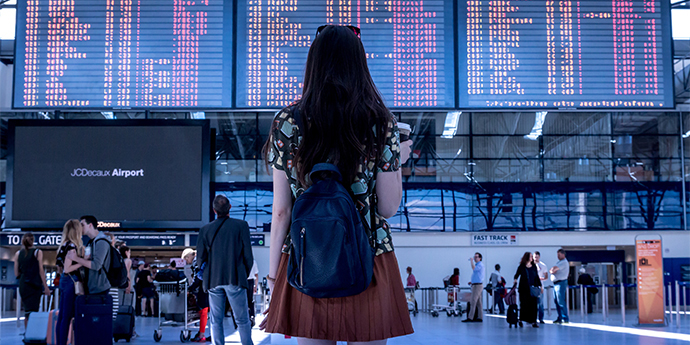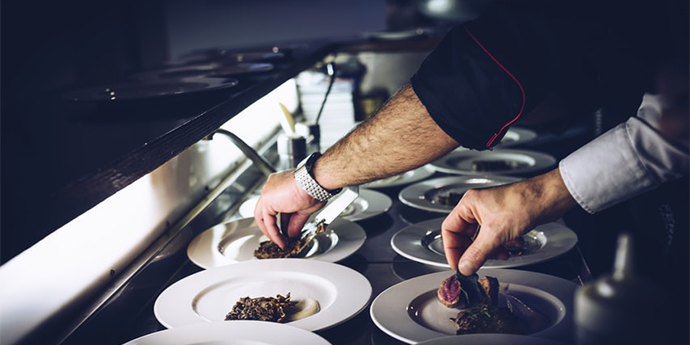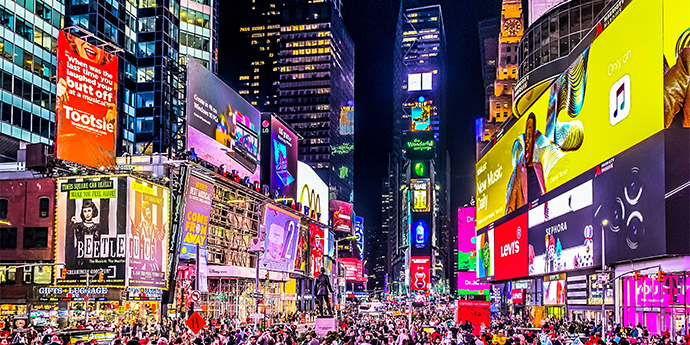The hospitality industry is feeling some relief with the easing of lockdown. Some might even be hoping that things are returning to a semblance of normality. But while we should savour this little bit of good news, the truth is hospitality leaders will need to build resilience to cope with an ever-changing landscape.
Before the pandemic, the hospitality industry in South Africa was secure. A recent survey of 7,000 guesthouses, B&Bs, hotels, and lodges found that just six months ago, these businesses reported that they were mostly stable. Half of them were enjoying steady revenues compared to the previous year. A third of them were thriving. Any analyst would have been happy to bet that things would only going to get better. In their hospitality outlook, global professional services network PwC saw a likely revenue of R50 billion in 2023.
And then lockdown came. Revenues plunged by almost 99%. According to one report, hotels were earning R2.1 billion in room turnover; a few months later they earned barely R250 million. Three iconic hotels run by global hotel giant, Marriott International, closed. Sun International reported an adjusted headline loss of R885 million for the year up until June. For the same period the previous year, the group had earnings of R172 million. The JSE-listed City Lodge Hotel Group reported a net loss of R486.6 million from a profit of R205.5 million the year before. The industry did not so much grind to a halt. It crashed into a wall.
Suddenly, businesses were having to make some difficult decisions. Cost-saving headed every agenda. Many closed. Those that didn’t relied on forced retrenchments and pay cuts to keep going. Those that haven’t mothballed their operations until after lockdown are running on skeleton staff, have merged roles and layers in their organisations, and introduced short time and even hourly rates for senior personnel. The effect on the value chain has been equally profound with suppliers also experiencing a significant downward trajectory in their revenues and one wonders whether there will there be a recalibration in pricing, creating additional pressures?
Fortunately, with local and international travel opening up, the doors are swinging again. People are making use of hospitality businesses. For example, a massive surge in demand for accommodation and day trips crashed the SANParks website. So there is hope and even optimism, but things will not be as they were before.
There is no “getting back to normal”. Whether we want to admit it or not, most of how the industry went about conducting the business of hospitality is gone now. Marriott International CEO, Arne Sorenson, said earlier this year, that the impact of COVID-19 on the hospitality industry was worse than 9/11 and the financial crisis combined. The entire industry must adapt to the new game.
COVID-19 has been a field-altering event, but the question is, what will that field look like in the future? And how do we adapt to it accordingly?
The flatter the curve, the flatter the organization
Fewer staff and dramatic cost-saving are likely to remain. To improve agility, decision-making, and innovation, we are likely to see these leaner organizations opt for flatter management structures.
The hospitality industry, traditionally, is hierarchical. It has very much been a command and control environment with many specialist positions falling into traditional roles. This worked well when business was thriving, and agility was not an imperative. You could afford to have multiple levels of decision-making, and dedicated roles like concierge, for example.
Now, fewer staff means smarter use of diverse skills and a need for greater buy-in from each employee. The sudden need for almost moment-to-moment innovation will force organizations to take advantage of the more fluid communication offered by flatter management structures so that new ideas get instant attention from decision-makers. With less moving parts, businesses can pivot more easily.
Digitisation was already disrupting the hospitality industry prior to COVID-19 and this is set to accelerate. Companies will have to incorporate technological advancements to boost productivity, engagement and efficiency and turn them to their competitive advantage.
Values-based leadership
When business management structures change, leadership styles often change, inspiring a positive shift towards values-based leadership.
The traditional managerial approach that prioritises profit and shareholder value without regard for societal impact, inclusivity, and transformation is going to be replaced by an approach that is driven by values, purpose, and meaning. This implies that hospitality leaders will have to motivate and inspire their teams by aligning their values with the purpose of the organisation. There is a real need for improved mentorship and to equip hospitality leaders with the skills and mental strength to cope with the demands of a rapidly changing environment.
To run flatter organizations, we will need to build organizational cultures that revolve around sincerity, loyalty, self-sufficiency, and shared purpose. The Allan Gray Centre for Values-based Leadership at the UCT Graduate School of Business has been teaching this approach for years. And now, as we enter this uncertain and complex new world, this style of leadership is even more important. Leadership and innovation are tied together.
Thembi Kunene-Msimang, COO of Tourvest IME sees business schools as important partners in educating and equipping industry stakeholders, including government, to create a dialogue that ensures a deeper understanding of the industry and the decisions that impact it going forward.
A focus on experience
Another major shift will be in the customer experience. With fewer people and expanded roles, business leaders are going to have to think about the relationship between their customer and their brand, and scripting customer experiences in a world forever altered. What is the DNA of a single person’s journey from seeing your advert online to signing up to loyalty programmes after their stay?
Already customers expect to see that sanitation measures are in place. People want to see that you have a Safe Travel Stamp. They want outdoor gym equipment, less crowded queues and dining rooms, and touchless payment options. But they want all of this in such a way that they are not constantly reminded of the virus and do not feel like they are staying in a sterile clinic.
Some businesses are already innovating in interesting ways. Large hotels are using their smaller staff profile to create a more inviting and familial atmosphere. Theme parks are introducing virtual lines and assigning arrival times through their online booking systems. There are already interesting loyalty programs, marketing campaigns, partnerships, even completely new product offerings like Airbnb’s “long-stay” option.
In a way, the hospitality industry is starting with a clean slate. There is a lot of responsibility in that, certainly accompanying anxiety and uncertainty, but mostly the opportunity for dramatic innovations that I for one, am curious to witness.
Jonathan Steyn is course convenor for the Business of Wine and Hospitality short courses at the UCT Graduate School of Business. He is interested in the effects of the pandemic on the hospitality industry and will be part of an upcoming global webinar to interrogate these effects.













